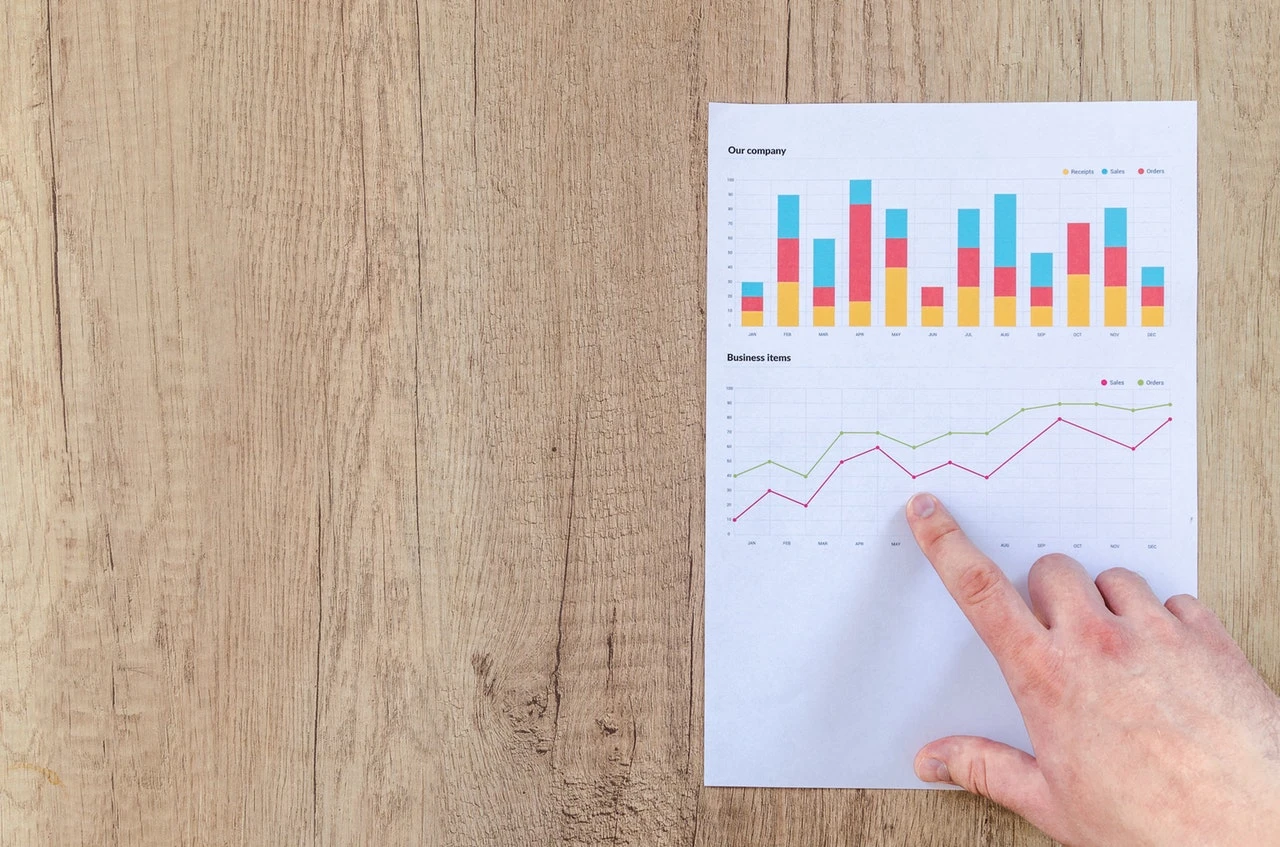The Lively Blog
SIGN UP FOR OUR
Newsletter
Stay up to date on the latest news delivered straight to your inbox
Investing Your HSA: Using Compound Growth to Your Advantage
Carla Fried · November 21, 2019 · 3 min read

There is no “use it or lose it” policy with money in your Health Savings Account (HSA) like there is with a flexible spending account (FSA). You get to call the shots when you want to use the money to pay for qualified medical expenses.
Need cash to pay out of pocket medical costs right now, great, you can tap your HSA. Next year? That’s cool too. You also can let your account grow, for decades, which will land you in retirement with a pot of money you can tap tax free to cover your later-life out-of-pocket medical expenses.
Given that HSAs offer more tax breaks than either 401(k)s or IRAs, an HSA can be a very valuable stealth retirement account.
If you know you can handle your current out-of-pocket medical costs from other income or savings, using your HSA as a complementary retirement account gives you a great way to let compound growth help you build a secure retirement.
Invest for Growth
When your HSA is used for current medical costs, it belongs in a safe bank account. Sure, you’re not earning much these days—1% to 2% is the high end --given low interest rates, but your priority is to know that the money will be there if and when you need it. Safety first.
But if you don’t plan on touching your HSA account for years, you may want to choose investments for your HSA money that mirror your asset allocation for your other retirement accounts, where you own a mix of stock and bonds. Over time, owning stocks and bonds has historically produced higher returns than cash in the bank. Of course, you are well aware of the important caveat: investing requires a stomach for living through intermittent periods when stocks fall.
The combination of consistent HSA contributions and compound growth from investing can build a mighty big nest egg.
In 2020, an individual under the age of 55 will be allowed to save $3,550 in an HSA. That limit is increased to keep pace with inflation. But let’s assume that you just keep saving $3,550 each year and you earn an annualized return of 5 percent.
Your account will be worth $170,000 in 25 years; more than $80,000 of that pot is the result of compound growth on the money you invested. Have 40 years until you expect to retire? The account will be worth more than $425,000 and nearly $290,000 of that will be the result of compound growth.
If your high deductible health plan covers your family you can save $7,100 in 2020. Keep that up for 25 years, your HSA “retirement” account will be worth nearly $340,000 in 25 years and more than $850,000 in 40 years assuming a 5 percent annualized return.
If you make it a goal to increase your contributions when the limits are raised for inflation, your savings will grow even more. And once you turn 55 you can add another $1,000 to your contributions, giving you even more money that can compound for your retirement health-expense fund.
Moreover, the value of all that compound growth is effectively bigger than other types of retirement savings. Every dollar you withdraw from an HSA to cover qualified medical expenses will be 100% tax free. Every dollar you take out of a traditional 401(k) and IRA account will be taxed as ordinary income. Compound growth is the secret sauce to all long-term investing. With an HSA it packs the added punch of unparalleled tax breaks.

Benefits
2025 and 2026 HSA Maximum Contribution Limits
Lively · May 9, 2024 · 3 min read
On May 9, 2024 the Internal Revenue Service announced the HSA contribution limits for 2025. For 2025 HSA-eligible account holders are allowed to contribute: $4,300 for individual coverage and $8,500 for family coverage. If you are 55 years or older, you’re still eligible to contribute an extra $1,000 catch-up contribution.

Benefits
What is the Difference Between a Flexible Spending Account and a Health Savings Account?
Lauren Hargrave · February 9, 2024 · 12 min read
A Health Savings Account (HSA) and Healthcare Flexible Spending Account (FSA) provide up to 30% savings on out-of-pocket healthcare expenses. That’s good news. Except you can’t contribute to an HSA and Healthcare FSA at the same time. So what if your employer offers both benefits? How do you choose which account type is best for you? Let’s explore the advantages of each to help you decide which wins in HSA vs FSA.

Health Savings Accounts
Ways Health Savings Account Matching Benefits Employers
Lauren Hargrave · October 13, 2023 · 7 min read
Employers need employees to adopt and engage with their benefits and one way to encourage employees to adopt and contribute to (i.e. engage with) an HSA, is for employers to match employees’ contributions.
SIGN UP FOR OUR
Newsletter
Stay up to date on the latest news delivered straight to your inbox
